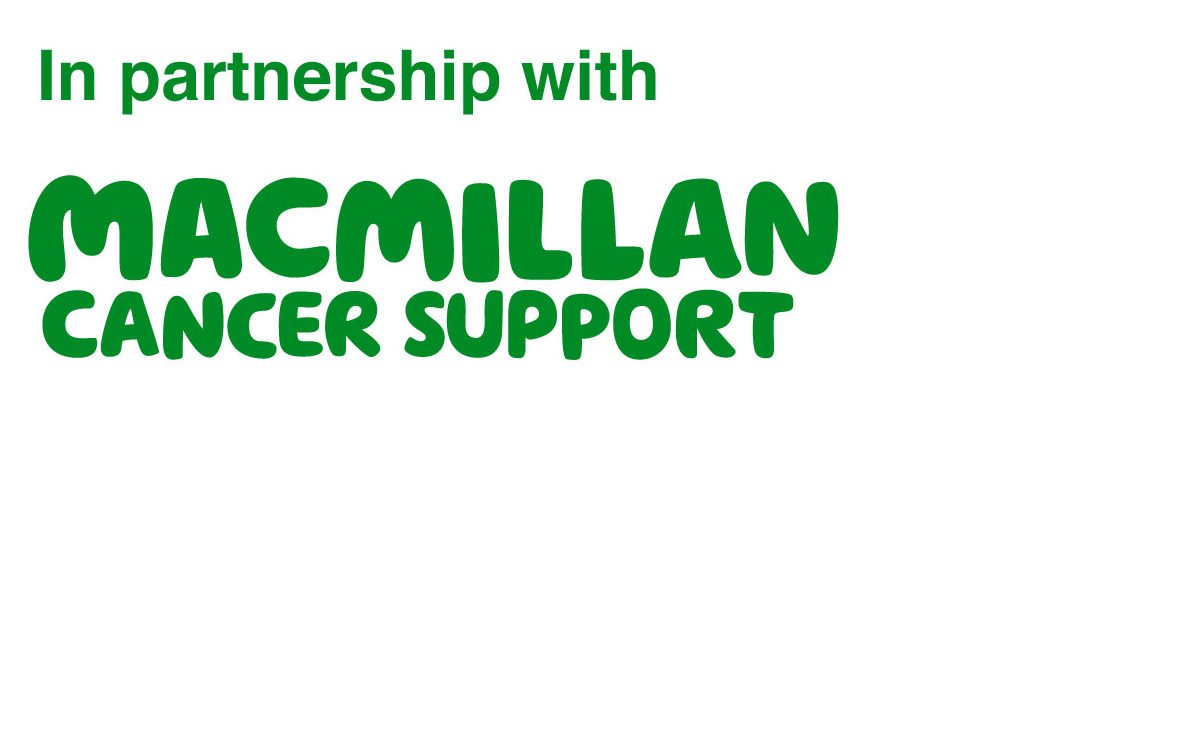Immunotherapy
- In some cancers, modulating the patients own immune system can be more effective as a treatment compared to traditional chemotherapy and radiotherapy. Melanoma, lung, genitourinary, breast, gynaecological, GI and haematological/lymphoproliferative malignancies are commonly treated with immunotherapy at present, but in the next few years many more tumour types will be treated with these drugs.
- We have observed over the last years rapidly increasing numbers of oncology patients receiving immunotherapy either single agent or in combination with another immunotherapy agent or a tyrosine kinase inhibitor or chemotherapy drugs. Subsequently we are expecting to treat a large number of immune-related adverse events (irAEs), adverse events related to the use of immune checkpoint inhibitors, which are different from the typical side effects we expect to see in patients on chemotherapy or targeted therapy.
- Immunotherapy medications called immune checkpoint inhibitors and work by blocking the receptors the cancer cells use to send signs to the T cells. When the signal is blocked, T cells may be better able to differentiate a cancer cell from a healthy cell and launch an attack. There are different checkpoint proteins such as CTLA-4, PD-1 and PDL-1.
The immune checkpoint inhibitors include:
- CTLA4 monoclonal antibodies: Ipilimumab
- PDL-1 monoclonal antibodies: Atezolizumab, Avelumab, Durvalumab
- PD-1 monoclonal antibodies: Nivolumab, Pembrolizumab, Cemiplimab
- The most common side effects from immunotherapy drugs are driven by this inflammatory response, including:
- Skin toxicities
- Diarrhoea and colitis
- Hepatitis
- Pneumonitis
- Endocrinopathies
- Renal toxicities
- Arthralgia
- Neurological toxicities
- Cardiotoxicities
- Ocular toxicities
- The treatment for Grade 3-4 immune related toxicities is generally steroids – although the steroid therapy dampens the immune response, the body of evidence so far suggests that using immunosuppressive agents in management of toxicities does not affect patient outcome or response to treatment. The initiation of steroid therapy should always be discussed with an oncology consultant.
- One of the important things to remember about immunotherapy is that the side effects can occur at any point during and, rather unusually, after treatment has ceased. Side effects have been noted more than a year after treatment has stopped, so please be aware of this when a patient presents.
- St George’s Hospital created an Immunotherapy working group, led by Dr Styliani Germanou (consultant medical oncologist) and Dalisay Domingo (AOS Lead Nurse) to provide formalised recommendations for the management of irAEs. This include clinical guidance on diagnosis, assessment, work up of the irAEs and choice of the most appropriate immunosuppressive strategy. It will help the clinicians to assess response to the steroids promptly and follow a correct steroid tapering strategy. It will also provide a clear guidance on steroid refractory irAEs management, to adapt treatment after 48hour review since the initiation of the steroids, switch to novel agents and enable rapid referral to the other specialty for involvement. It will also provide recommendation on prophylactic treatment in long term steroids and immunosuppressants.
- The local pathway guidelines for the management of each irAEs are based on the ESMO clinical practice guidelines2 and the Common Terminology Criteria for Adverse Events (CTCAE) Version 5.0 scoring system) 4.
For more explanatory information please refer to the ESMO guidelines on Management of toxicities from immunotherapy: ESMO Clinical Practice Guideline for diagnosis, treatment and follow-up☆ (annalsofoncology.org) and ASCO .
